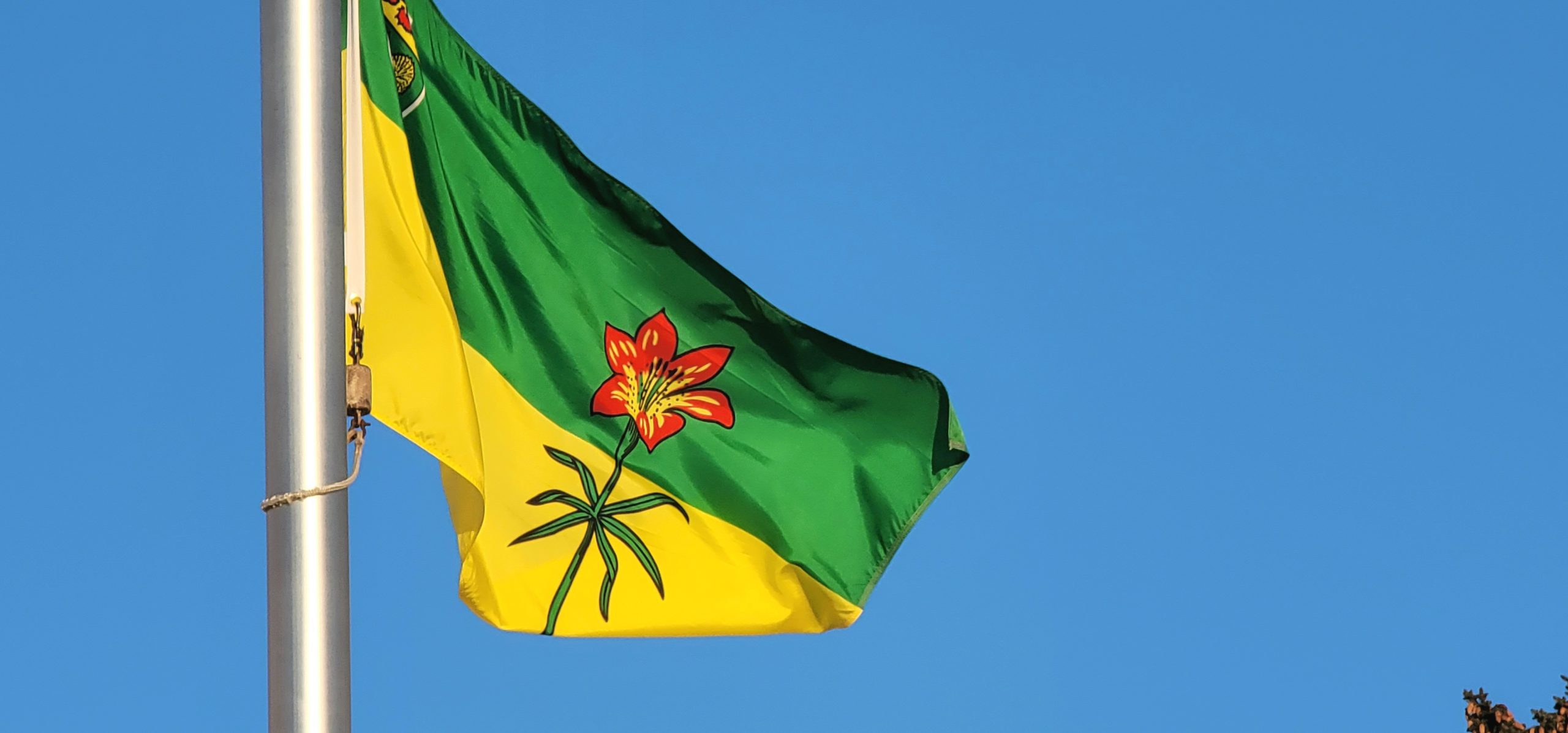Saskatchewan’s Budget Day is set for Mar. 19 when legislators will return for the spring session in Regina, but the Sask NDP wants an earlier assembly to tackle the proposed U.S. tariffs.
With U.S. President Donald Trump planning a 25 per cent tariff on steel and aluminum imports from Mar. 12, there is a concern for Saskatchewan which exported $413 million worth of steel, iron, and aluminum to the United States in 2024.
Premier Scott Moe says the province will “continue to be engaged in improving Saskatchewan’s trade relationships with the U.S.”
“We will continue to deliver on our election commitments and deliver better health care, safer communities, and the best possible education for our students,” Moe said. “We will also continue to focus on building a strong Saskatchewan economy – one that can withstand the potential tariff threat and protect Saskatchewan jobs.”
If Trump also institutes his initial 25 per cent tariff, the final tally will be a 50 per cent tax on steel, and aluminum going to the States.
The opposition Sask NDP supports an early return of the Legislature to tackle what it sees as the “two potential rounds of job-killing tariffs.”
“We are staring down the barrel of job-killing tariffs and these guys can’t be bothered to show up for work,” said Saskatchewan NDP House Leader Nicole Sarauer.
The initial 25 per cent tariffs proposed by Trump have been delayed until early March from its previous Feb. 1 startup as Canada puts measures in place to deal with Trump’s grievance about illegal immigration and illicit drugs.
Some 19 kilos of fentanyl were seized by U.S. Customs between Oct. 2023 and Sep. 2024, compared to about 9,600 kilos crossing from Mexico in the same period.
On illegal migrants, more than 21,000 migrants crossed from Canada in the first 10 months of 2024 according to U.S. Border Patrol.



